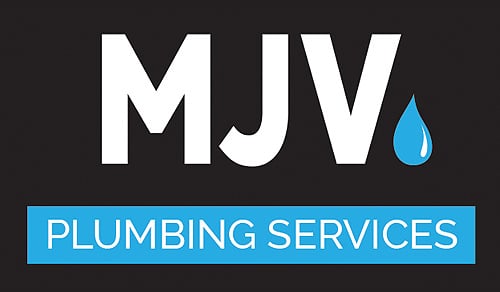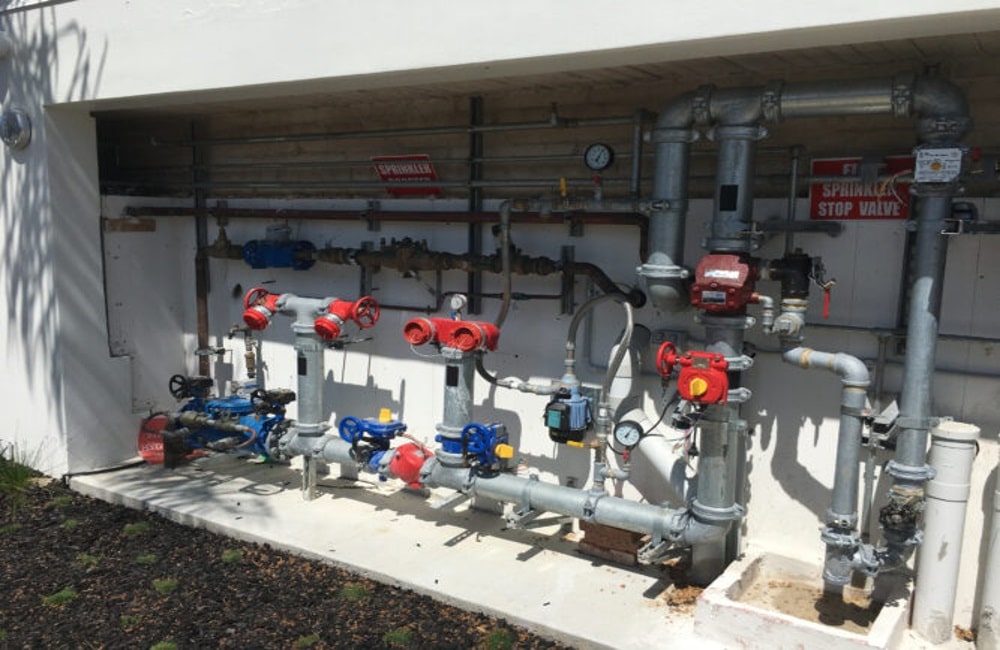Plumbing is essential in both residential and commercial buildings, ensuring efficient water distribution and the proper disposal of wastewater. However, there are significant differences between domestic plumbing systems found in homes and commercial plumbing systems found in businesses, institutions, and industrial facilities. In this blog, we will explore the differences between domestic plumbing vs. commercial plumbing and shed light on the unique challenges and requirements associated with both.
Scale and Complexity:
Domestic Plumbing:
- Domestic plumbing systems are typically smaller in scale and less complex compared to commercial systems.
- They serve fewer fixtures and appliances, such as sinks, toilets, showers, and washing machines, catering to the needs of individual households.
- Domestic plumbing systems are designed to handle lower water pressure and flow rates, as the demand is generally lower in residential settings.
Commercial Plumbing:
- Commercial plumbing systems are more significant in scale and more complex to accommodate the higher demand for water and the more significant number of fixtures and appliances.
- They serve multiple floors or units within a building, including restrooms, kitchens, utility rooms, and specialized equipment.
- Commercial plumbing systems require higher water pressure and flow rates to accommodate larger populations and diverse activities.
Regulations and Codes:
Domestic Plumbing:
- Domestic plumbing installations are subject to local building codes and regulations, which dictate the standards for pipe sizing, fixture placement, and drainage requirements.
- Homeowners typically have more flexibility in choosing plumbing fixtures and materials based on personal preferences and budget constraints.
Commercial Plumbing:
- Commercial plumbing installations are subject to stricter building codes and regulations mandated by local authorities and governing bodies, ensuring compliance with rigorous standards and guidelines.
- Compliance with health, safety, and accessibility standards is essential in commercial settings to ensure the well-being of occupants and visitors.
- Commercial plumbers in Melbourne must stay updated on evolving regulations and codes to ensure compliance with legal requirements.
Material Selection and Durability
Domestic Plumbing:
- Common materials used in domestic plumbing include PVC, copper, and PEX (cross-linked polyethylene) for water supply lines and PVC or ABS for drainage pipes.
- While cost-effective, domestic plumbing materials may prioritize aesthetics and ease of installation over long-term durability.
Commercial Plumbing:
- Commercial plumbing systems often utilize more robust materials such as cast iron, brass, and stainless steel to withstand higher usage and pressure demands.
- Commercial-grade materials are selected for their durability, corrosion resistance, and capacity to withstand heavy loads and frequent use while maintaining optimal performance.
Maintenance and Repairs
Domestic Plumbing:
- Homeowners or residential plumbers typically handle maintenance and repairs in domestic plumbing systems.
- Common problems like leaky faucets, clogged drains, and malfunctioning water heaters are prevalent in residential environments, necessitating prompt attention to prevent issues from exacerbating.
Commercial Plumbing:
- Maintenance and repairs in commercial plumbing systems are more complex and may require the expertise of specialized commercial plumbers.
- Commercial properties often have scheduled maintenance plans and emergency response protocols to address plumbing issues promptly and minimize disruptions to business operations.
How to Hire a Domestic or Commercial Plumber in Melbourne
Need to hire a domestic or commercial plumber in Melbourne? It requires careful consideration to find a qualified professional to meet your specific needs. Here are steps to help you hire a commercial plumber in Melbourne:
- Research and Gather Recommendations: Start by researching commercial plumbers in Melbourne. Look for companies with experience in commercial plumbing projects and positive reviews from previous clients. Ask for recommendations from colleagues, friends, or business associates who have previously worked with commercial plumbers.
- Check Credentials and Licensing: Verify that the commercial plumbers you’re considering are licensed and insured to work in Melbourne. Check their credentials, certifications, and affiliations with professional organizations to ensure they meet industry standards and regulations.
- Assess Experience and Specialization: Look for commercial plumbers like MJV Plumbing Services who have extensive experience handling projects similar to yours. Inquire about their specialization areas, such as new construction, renovations, or commercial maintenance, to ensure they have the expertise required for your project.
- Request References: Ask potential commercial plumbers for references from past clients or projects. Contact these references to inquire about their experiences working with the plumber, including the quality of work, professionalism, and reliability.
- Obtain Multiple Quotes: Obtain quotes from several commercial plumbers in Melbourne to compare pricing and services. Ensure that each quote includes a detailed breakdown of costs, project timelines, and any additional fees or expenses.
- Evaluate Communication and Responsiveness: During the hiring process, pay attention to how responsive and communicative the commercial plumbers are. Choose a plumber who promptly returns your calls or emails, answers your questions thoroughly, and demonstrates professionalism in their communication.
- Review Contracts and Agreements: Before hiring a commercial plumber, carefully review any contracts or agreements. Ensure all terms, conditions, and project details are clearly outlined, including timelines, payment schedules, warranties, and dispute resolution procedures.
- Confirm Availability and Flexibility: Confirm the commercial plumber’s availability to start and complete your project within your desired timeframe. Discuss any scheduling constraints or requirements upfront to ensure they can accommodate your needs.
- Consider Emergency Services: Inquire about the commercial plumber’s availability for emergency plumbing services, such as after-hours or weekend repairs. Choose a plumber who offers prompt emergency response and has a reputation for reliability in urgent situations.
In summary, differentiating between domestic and commercial plumbing is vital for efficient water management. While residential systems are smaller and simpler, commercial setups are larger and more regulated. Hiring a qualified plumber ensures effective solutions for any plumbing needs, whether at home or on a commercial property in Melbourne.

